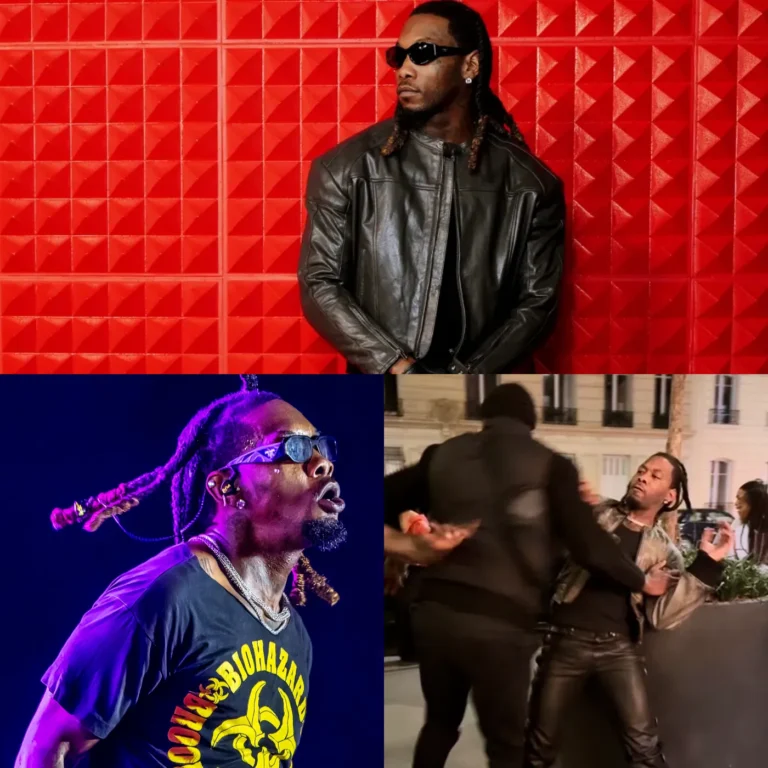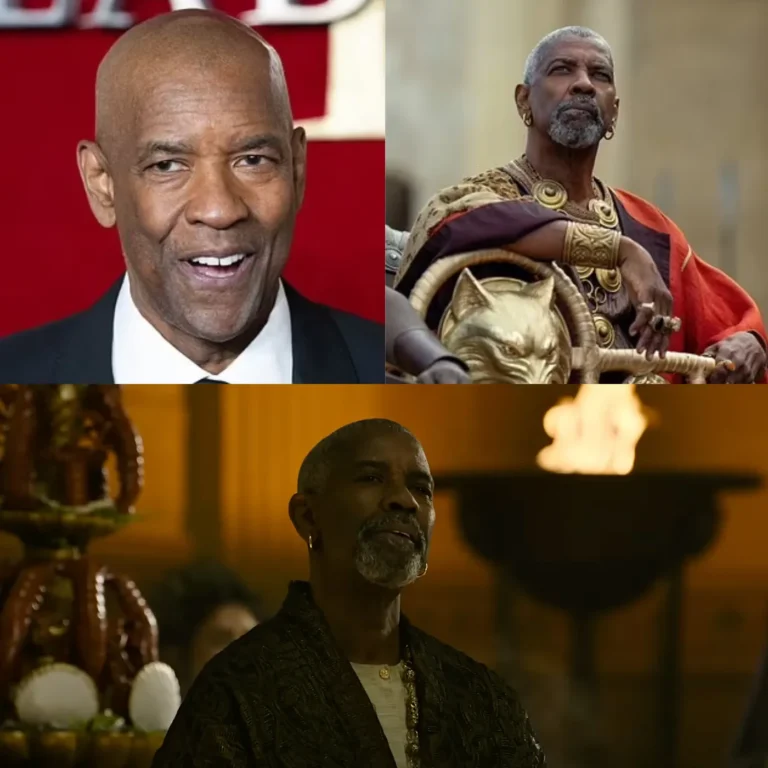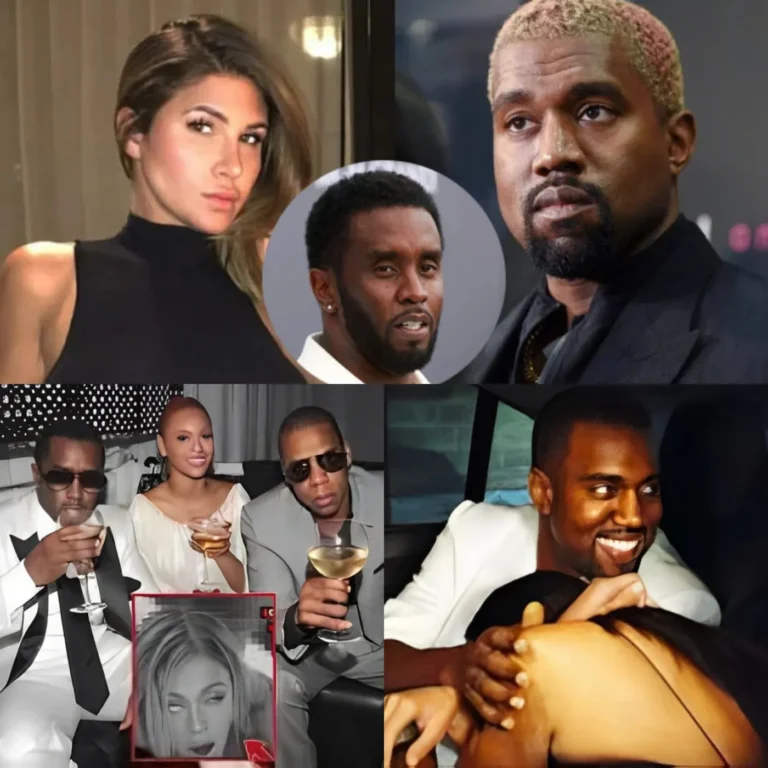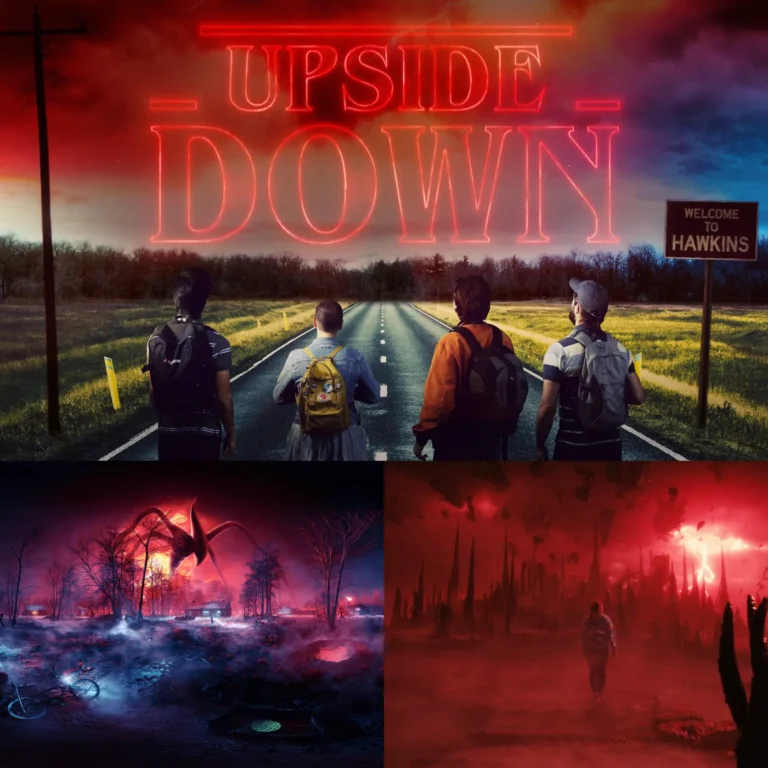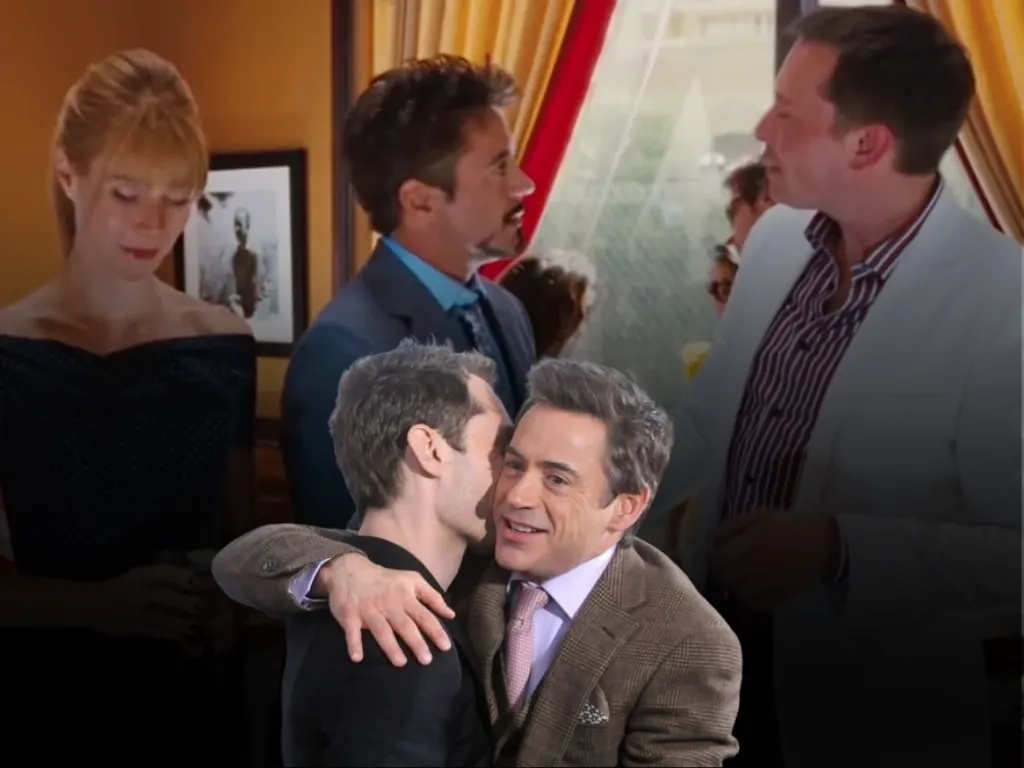
In a world where the lines between fiction and reality increasingly blur, Robert Downey Jr.’s recent comments about Elon Musk raise a fascinating debate: Can the public persona of a billionaire tech mogul truly reflect the ideals of the fictional hero he seems to emulate? Downey, who famously portrayed Tony Stark in the Marvel Cinematic Universe, expressed his concerns regarding Musk’s behavior during an appearance on the On With Kara Swisher podcast. He stated, “I just wish that he would control his behavior a little more,” highlighting a dissonance between Musk’s ambitions and his controversial public image.
A Clash of Icons
Both Downey’s Stark and Musk are emblematic of the American Dream: wealthy, innovative, and unapologetically ambitious. Yet, the contrast in how they approach their legacies could not be starker. Stark is a character defined by his growth—recognizing his flaws and using his power to make the world a better place. In contrast, Musk’s recent actions, particularly his behavior on social media and his polarizing political views, have drawn criticism from various quarters. Downey’s remarks suggest that while he appreciates Musk’s contributions to technology, he is troubled by how Musk’s personal choices might tarnish the heroic image that Stark represents.
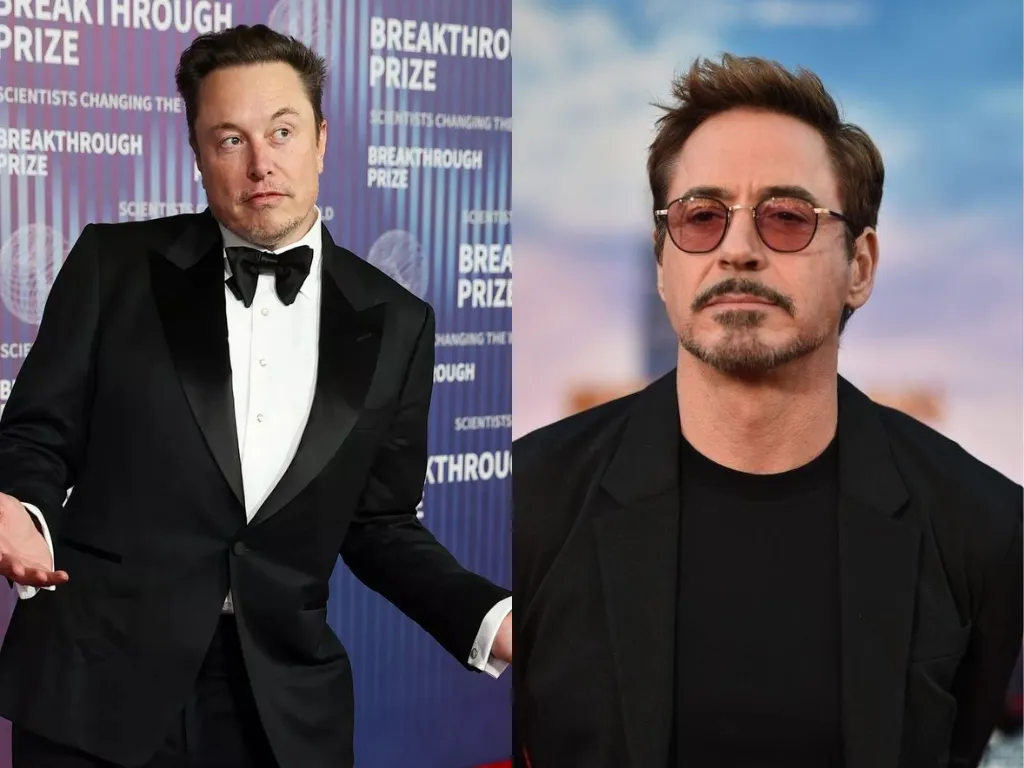
The Concept of “Cosplaying” Reality
The term “cosplaying” in this context implies that Musk is adopting the persona of Tony Stark without embodying the qualities that make Stark a hero. Is it fair to expect Musk to live up to a fictional character? Critics argue that expecting him to behave like a superhero sets an unrealistic standard. After all, Stark is a creation of fiction, designed to entertain and inspire, while Musk is a real person, subject to human flaws and the complexities of navigating today’s media landscape.
However, the expectations placed on Musk are not entirely unfounded. His actions have made headlines worldwide, and as a public figure, he holds significant influence. Downey’s comments serve as a reminder that with great power comes great responsibility, echoing a sentiment familiar to fans of the superhero genre.
The Bigger Picture
This discussion also touches on a larger issue: the impact of social media on public figures. Musk’s controversial tweets and statements have often overshadowed his innovative work at Tesla and SpaceX. Downey’s critique raises an essential question about accountability. In an age where information spreads rapidly, should public figures be held to higher standards, particularly when their actions could inspire or mislead millions?
As society grapples with these dilemmas, Downey’s call for Musk to manage his behavior better invites reflection on the characters we idolize and the real-life figures we allow to influence our lives. It compels us to consider whether we can separate the individual from their actions or whether our expectations of them are inherently tied to the personas they project.
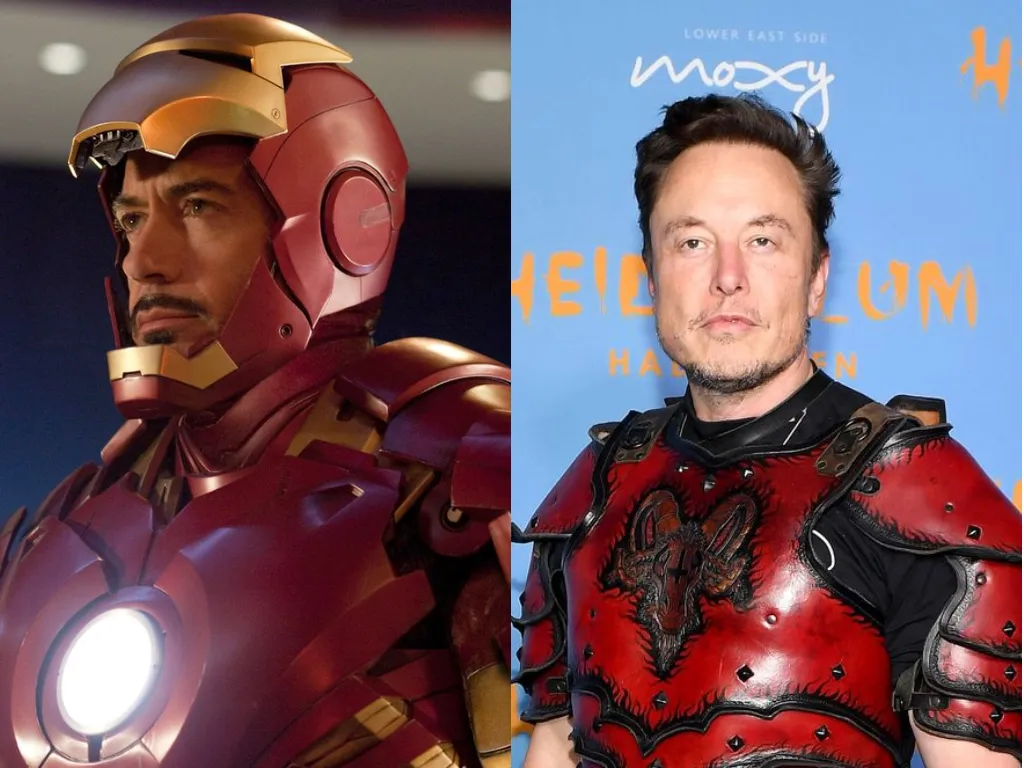
Robert Downey Jr.’s concerns about Elon Musk’s behavior are emblematic of a broader cultural phenomenon. As we continue to navigate the complexities of celebrity and accountability, the question remains: how do we reconcile the image of the superhero with the realities of the individuals who embody them? In a world where every tweet can be scrutinized, the journey toward becoming a “real-life” Iron Man is fraught with challenges, and perhaps, the true heroism lies in acknowledging our imperfections while striving for growth.
